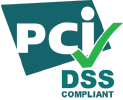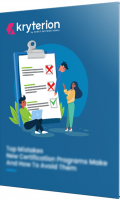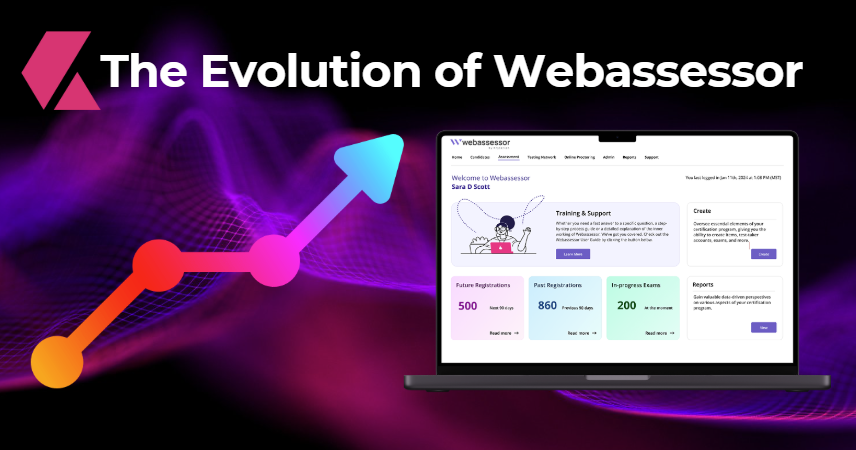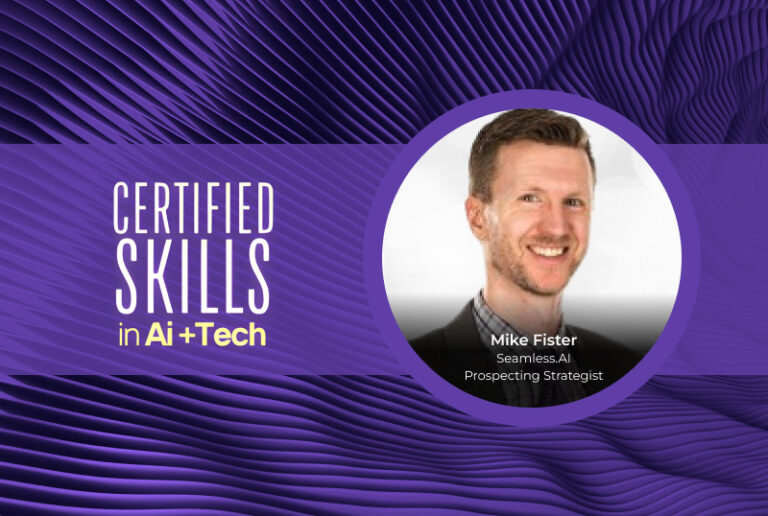In the most recent episode of our Certified Skills in AI & Tech podcast, we speak with Mike Fister, a Prospecting Strategist at Seamless.AI, a groundbreaking platform that helps professionals create new relationships, opportunities, and revenue faster than ever before. With a mission to build “great lives for great people,” Seamless.AI is committed to empowering its users and employees alike. Mike shares his valuable insights on the evolving role of AI in sales, how to stand out in a world of automation, and why personalized outreach remains critical. Whether you’re a seasoned sales professional or just starting out, this blog offers practical takeaways on how to leverage AI to scale your sales efforts efficiently and effectively.
We believe that many of the companies we’ve interviewed and speak to are all solving a problem in the world. There are challenges in everyone’s daily life that software tends to help solve. What’s the work that Seamless.AI is focused on?
Seamless.AI is actually the first and only real-time search engine to help organizations when it comes to finding those key prospects they’re looking to have meaningful conversations with. It leverages the power of AI to eliminate the question of “Who do I need to talk to?” and “How do I get in touch with them?” AI plays a role in this by using machine learning within the algorithm to continually seek out and find new information and maintain relevancy. It’s very behind the scenes, obviously, but within our platform, we also have writing components and other features that make it easy for salespeople to write a quick LinkedIn post or introductory sales email. It’s comprehensive in that respect.
How has the transition been working with sales teams that, perhaps in the past, have not utilized AI or contact databases in the same way? What is the process like when introducing a new tool like Seamless.AI to a team that’s perhaps new to AI as a whole?
It depends on their level of understanding, as AI is such a broad term that covers a lot of different areas. The most common thing I hear is, “Oh, it’s like ChatGPT,” but there are so many different levels of application that AI can bring to sales, marketing, operations, and beyond. It just comes down to understanding that it is a tool. Some people fear AI will take their jobs, but I counter that by saying it’s the person who leverages AI who will become more efficient in their role and, therefore, more valuable.
When looking at the whole sales function, are you 100% focused there, or do you get into customer success or other departments?
I’m focused on sales, but it really depends on who needs access to real-time email and phone numbers. I have clients in every aspect of their business, whether it’s accounting, finance, client success, sales, or marketing. Even recruiting teams leverage Seamless to find passive candidates. So it just comes down to who needs email, phone number, or contact data.
With sales professionals, prospecting is key. Being able to build your own funnel is crucial, and you have a tool for that, but a lot of it depends on how well they use the tool. Do you get into any additional training around sales to help people better utilize your tool in their jobs?
At the end of the day, if someone has a phone number and an email but only makes one phone call, leaves one message, or sends one email, they’re not going to get great results. They might come back and say, “Oh, that Seamless.AI stuff doesn’t work.” With nearly 20 years of sales experience, I spend a lot of time with my clients and even prospects. Most of our clients are organizations with fewer than 50 employees, and often they don’t have a dedicated sales team—it may be founder-run or owner-run. They’ve plateaued and need to scale, so I provide that additional layer of coaching to help them understand why cold outreach is still the most effective way to control their outcomes. Some people don’t like it, but reaching out cold and creating your own demand generation is the most cost-effective and controllable way to succeed.
Do you personally provide training, or have you considered putting together formal sales training programs for your clients as part of using the tool?
Yes, I’ve done one-on-one training on a case-by-case basis. I’m not a writer, so don’t ask me to document or write out SOPs. But I do give clients a baseline that they can build upon, because every organization has a unique selling proposition or a unique business reason for reaching out. Giving them the foundation to build on has been much more effective.
What trends are you seeing in the sales profession, and what skills do salespeople need to develop to take advantage of tools like yours?
Coming from a teaching background, I’m always trying to learn something new. I even leverage younger team members to help me with tools that I might not have been exposed to. My strength is in crafting and executing an outreach strategy, but they’re teaching me to use even more tools.
In terms of trends, I’ve noticed that people are starting to realize the inefficiencies of relying solely on internal data or even external databases. Data changes so fast. I run exercises using Sales Navigator to show how many job changes have occurred in the U.S. alone over the past 90 days. A database can never keep up with that type of change. I also think some people believe cold calling doesn’t work, but our SDRs are booking 3 to 5 new meetings a day from cold calls. It comes down to having the right message and targeting the right person who is close to the pain. Getting on top of job changes quickly is also critical—stats show that someone in a decision-making role will spend 70% of their annual budget within the first 45 days of starting a new position. Getting ahead of that is huge.
One challenge with AI and cold outreach is that AI has automated so much of the outbound process, making it easier but also leading to more competition. What else can sales reps do to stand out when everyone else is using AI to send automated emails?
Answer: For me, automation is fantastic, but at the end of the day, it comes down to whether you’ve really thought through that workflow, cadence, or sequence. Even though I’m not a director, VP, or C-suite, I still get prospecting emails, and I can spot those automated messages from a mile away. Automation for automation’s sake is a mistake. I’m a big believer in being intentional with your messaging and personalizing it. Just putting someone’s name and company in an email isn’t personalization. AI can help, but you still need to customize the message. Those who rely solely on automated sequences are making a huge mistake in terms of their success rates. Sure, you can send out more emails, but is it really improving your conversion rate?
How important is the training process when you onboard a new team? How deep do you go to ensure they can fully utilize these tools?
Our client success team focuses on training different groups. If it’s a larger organization, the SDR team may use the platform, but the client success or RevOps teams might also leverage it. The training is customized based on the user. For a solopreneur, we break it down into bite-sized pieces and coach them through the process. From an implementation standpoint, training is huge because our success is tied to theirs. If we help them scale, they’ll need more of our services, so it’s in our best interest to focus on their training.
We talked a lot about personalization, the human touch in the sales process, and AI. What advice do you have for companies considering AI from a sales perspective? What benefit does AI offer, and why should they consider it?
There’s so much information at our fingertips, and the way I look at AI—whether it’s ChatGPT or another form—is as a starting point. If I have zero experience in an industry, I can use AI to gather my thoughts. It helps me be more efficient with my time, but it doesn’t replace the human element. You need to leverage AI rather than rely on it. Some people rely too much on it, which is a mistake. Personally and professionally, my goal is to have a balance—using AI as a tool but maintaining that human element. My advice is to get familiar with the tools, experiment, and see where they can fill in gaps in terms of efficiency.
About Kryterion Inc.
Kryterion Inc. is a global leader in innovative testing and credentialing solutions, helping organisations across various sectors develop and manage their assessments with our advanced test development platform and multi-modal delivery solutions. Established in 2001, Kryterion offers secure, integrated services and extensive support, enabling candidates to demonstrate skills and achieve world-class careers.
Ready to take the next step to start or grow a program for your organization? Click here to connect with a Kryterion expert.

